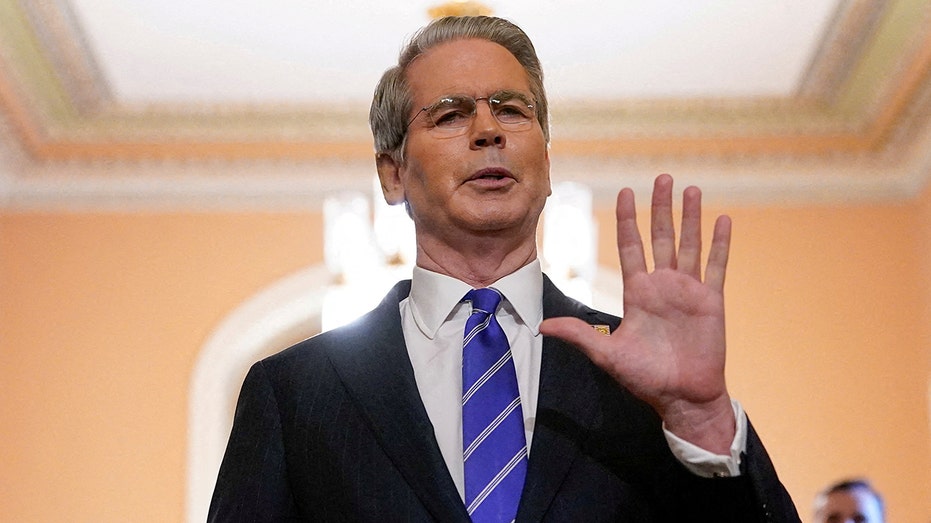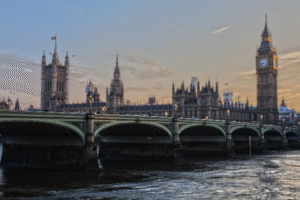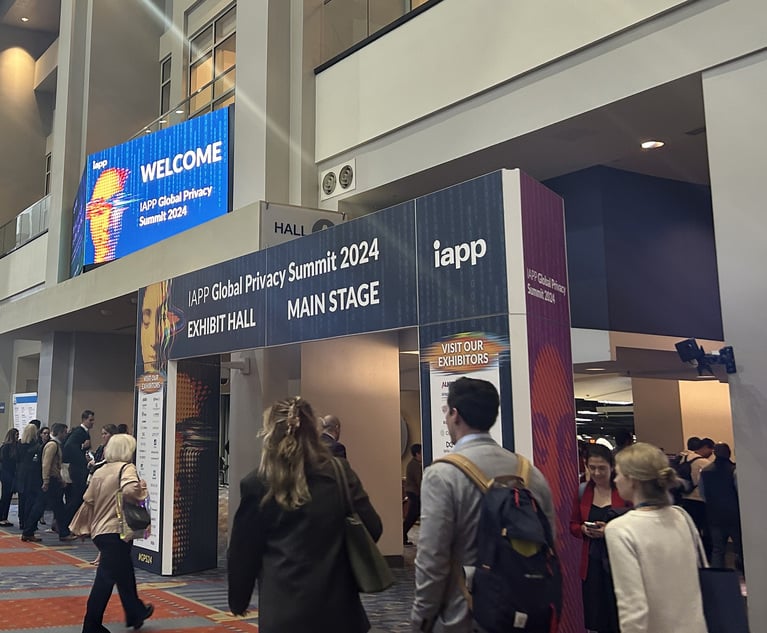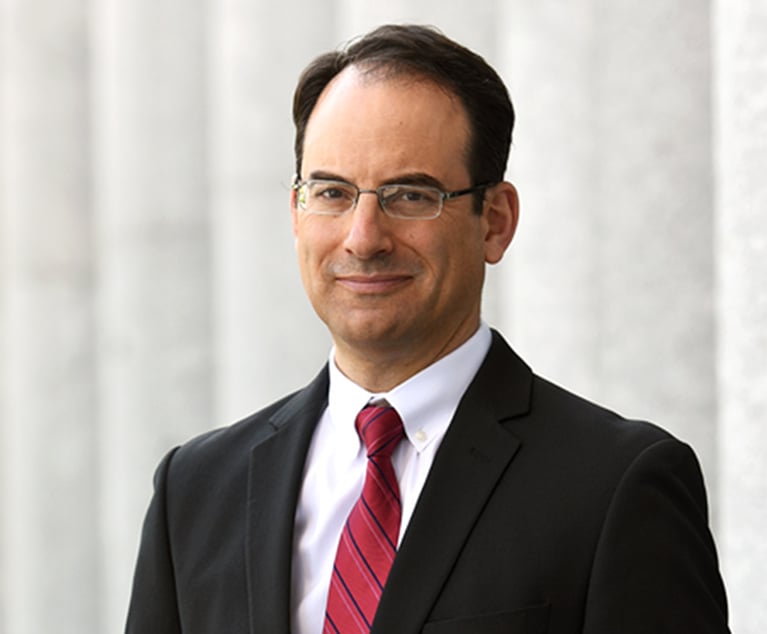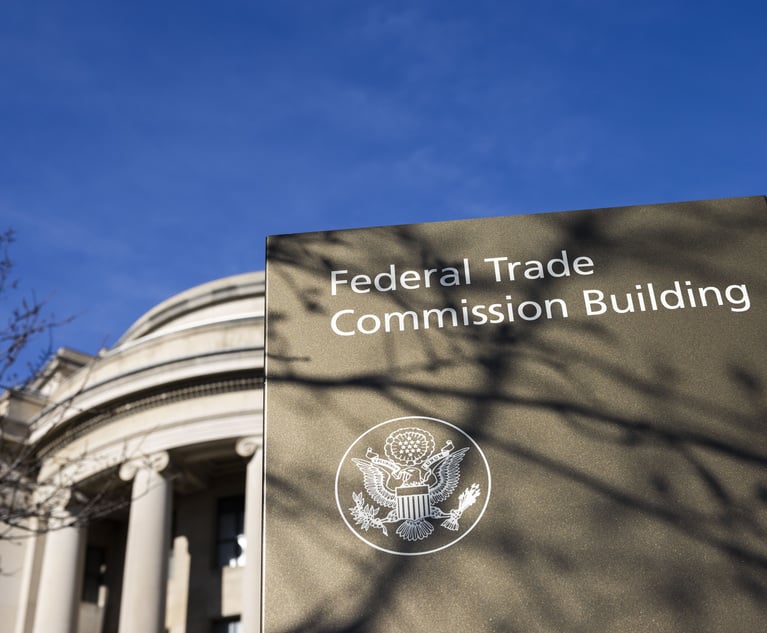Applying old laws to new technologies is regulators’ most infamous innate ability. Yet in this artificial intelligence era, there are loud, ongoing debates about whether new, bespoke AI laws may be needed to account for some of the modern-day risks the technology poses—think facial recognition, data collection or even consumer deception issues, among many others.
This year’s International Association of Privacy Professionals (IAPP) Global Privacy Summit conference saw both U.S. and global regulators and data privacy professionals engage in this measuring exercise, attempting to determine just how much existing regulation actually covers artificial intelligence—and where the gaps left to be filled still are.

